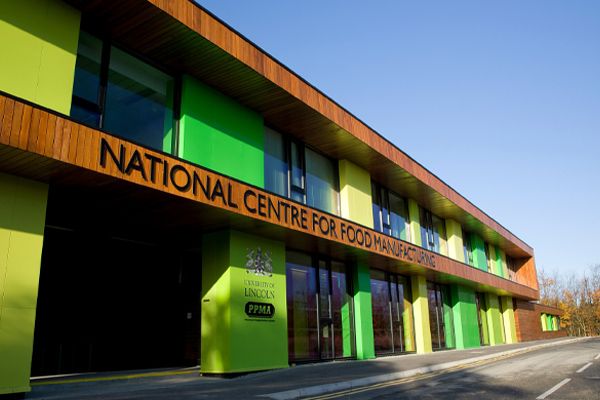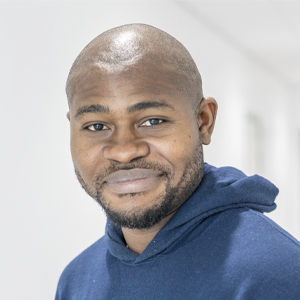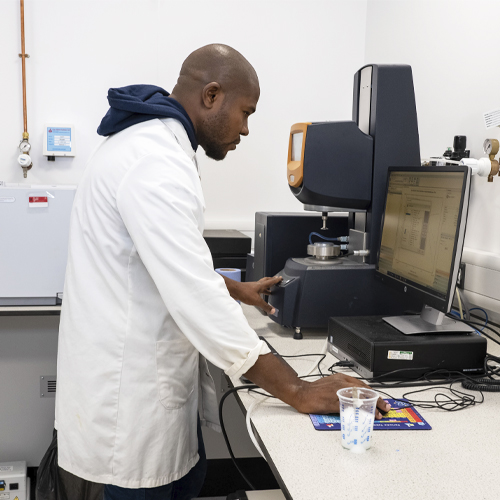National Centre for Food Manufacturing
Our National Centre for Food Manufacturing (NCFM) is progressing high-impact, food-sector-focused research designed to advance the industry at all points in the supply chain, offering expertise, high-quality laboratory and factory facilities, and extensive industry and academic networks.

/prod01/university-of-lincoln-cdn-pxl/media/responsive2017/research/newresearch/Obafemi,Akinwotu,banner,1600X600.jpg )

